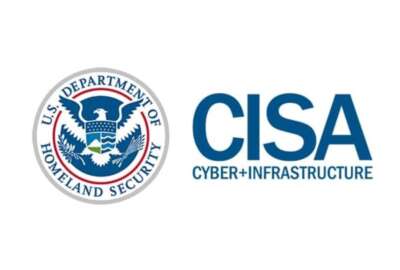Commerce’s ‘SCALE’ supply chain tool helps bolster quantum investments
As the Commerce Department makes major investments in quantum and other technologies, supply chain tools are helping to drive decision-making.
The Commerce Department is leveraging its new supply chain data tools to help drive its investments in critical technologies like quantum computing.
The International Trade Administration’s Industry and Analysis unit rolled out the “SCALE” supply chain risk assessment tool earlier this month. The tool is designed to evaluate risks across key industries and help inform agency decision making.
Don Graves, deputy secretary of commerce, said the agency’s supply chain analysis is a critical factor when deciding to make investments in areas like the $10 billion Tech Hubs program.
“What we’re trying to do right now is make these investments, but to do it in a way that also understands the supply chain constraints,” Graves said during an event on quantum computing hosted by the Center for Strategic and International Studies today.
Graves said SCALE is a “first of its kind tool that allows us to look at those vulnerabilities, those choke points and supply chains all across the spectrum to better understand where our challenges are.” He referenced the pandemic, when supply chain challenges crunched access to semiconductors and other critical tech.
“We can’t be in a place where a country holds us hostage because we don’t have access to critical input, critical components for our supply chain,” Graves said.
The quantum supply chain, as with many other technologies, is diverse and globalized. The Government Accountability Office, in a 2021 blog post, reports that quantum technologies rely on everything from dilution refrigerators made in Finland to rare earth materials mined in China.
Graves called for “both an offense and defense strategy” to elevate U.S. competitiveness in quantum technologies.
“We are the world’s leaders in quantum, but we can only maintain that leadership if we’re able to continue to invest and continue to develop the cutting edge quantum technologies,” he said. “We have to rely on our private sector to drive development, but we can make investments … where there’s market inefficiencies, where the private sector needs additional support.”
On the defensive side, Commerce’s Bureau of Industry and Security earlier this month released new export control restrictions for quantum technologies.
“Between the analysis at ITA and the export control work that BIS is doing, we understand where we have the ability to use choke points to prevent our adversaries from getting access to the most critical technologies, using that effectively and protecting our vital technologies like quantum,” Graves said.
Graves said Commerce Department bureaus such as BIS, ITA, the National Institute of Standards and Technology, and others are all involved in the agency’s quantum strategy.
But he also called for a “whole of government approach,” highlighting the importance of the National Science Foundation and other agencies.
“It requires the work that we do with the Department of Energy, of course, our friends throughout other agencies, like Treasury for investments to [Housing and Urban Development] and Transportation, because you have to build the logistical hubs and systems that will work to allow our companies to build in those communities,” Graves said. “So it is requiring this whole of government approach, working with the private sector.”
Copyright © 2024 Federal News Network. All rights reserved. This website is not intended for users located within the European Economic Area.
Follow @jdoubledayWFED






